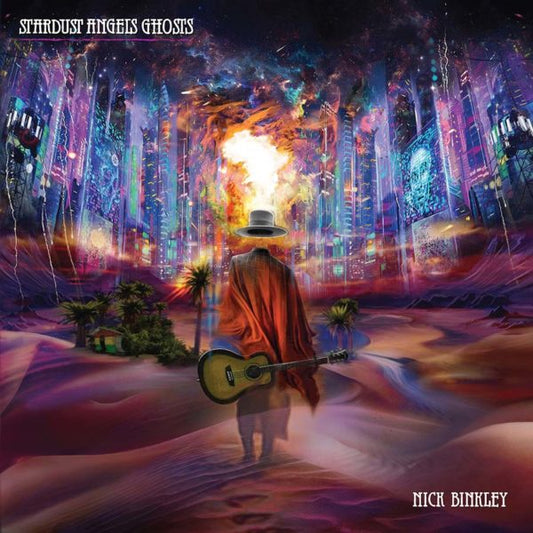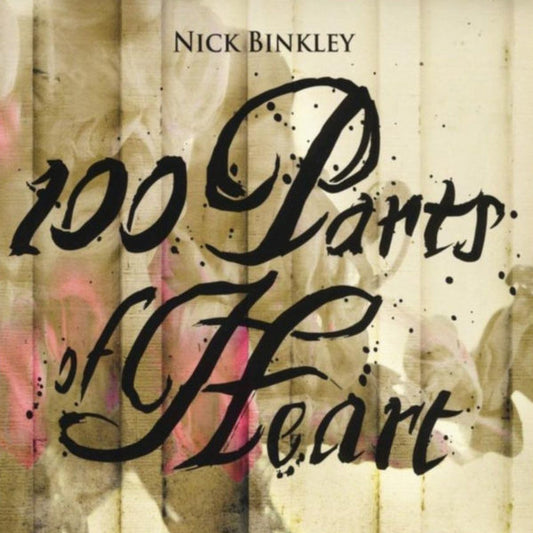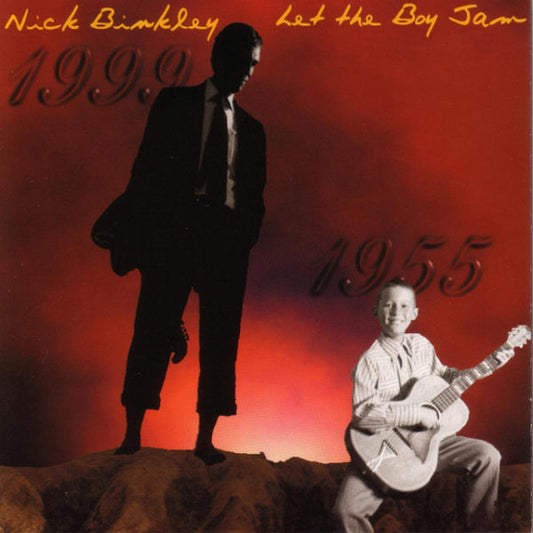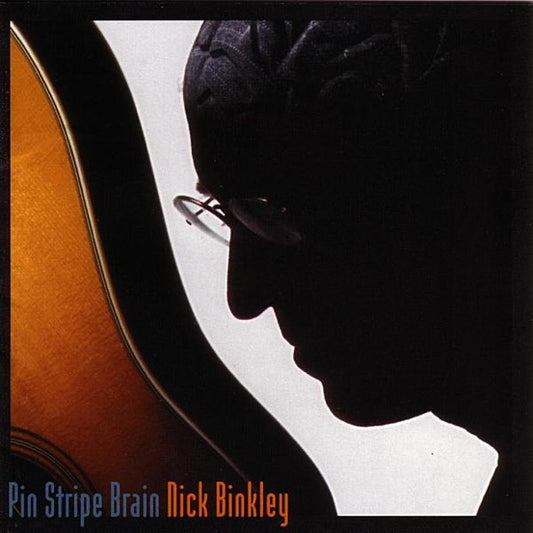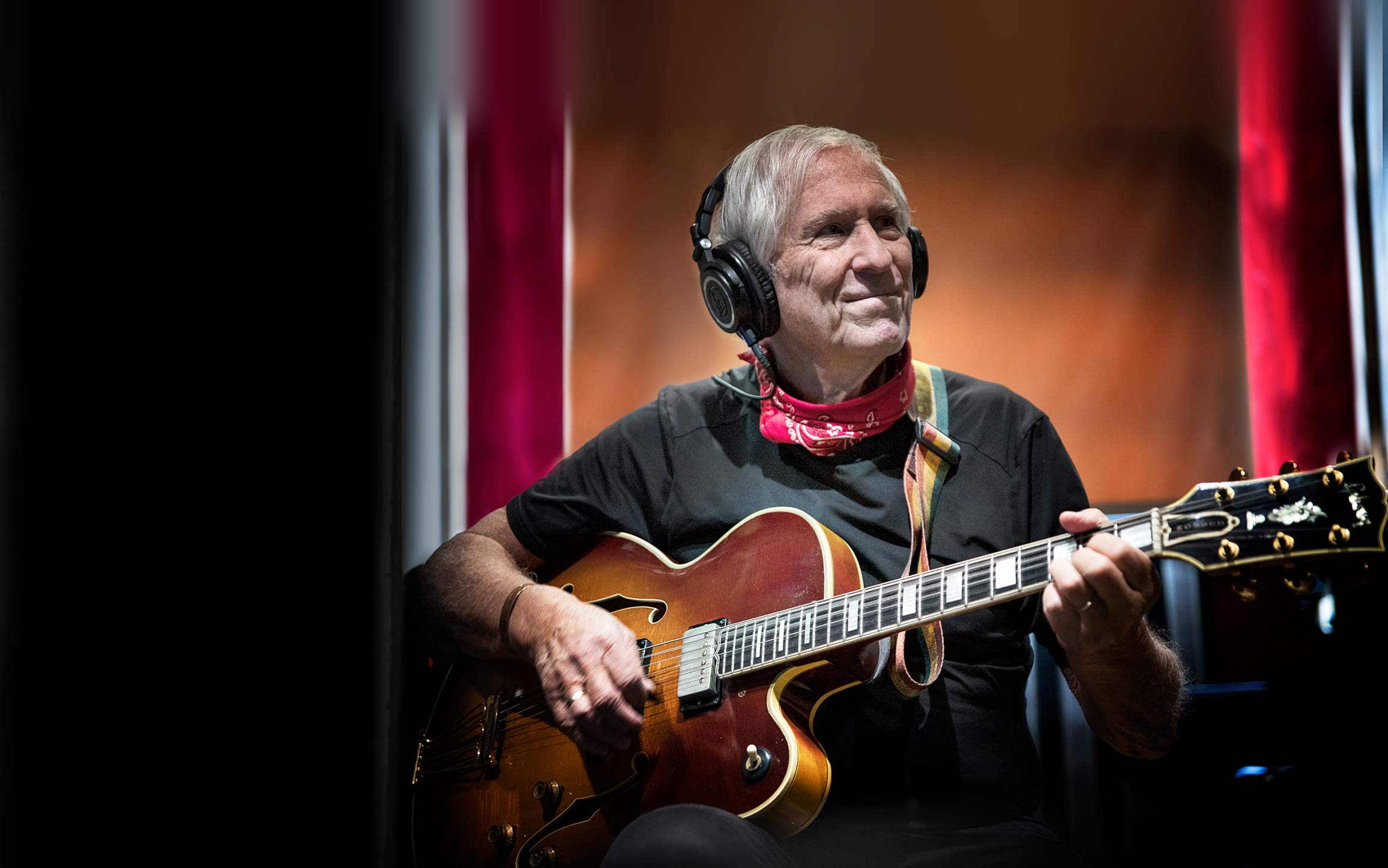
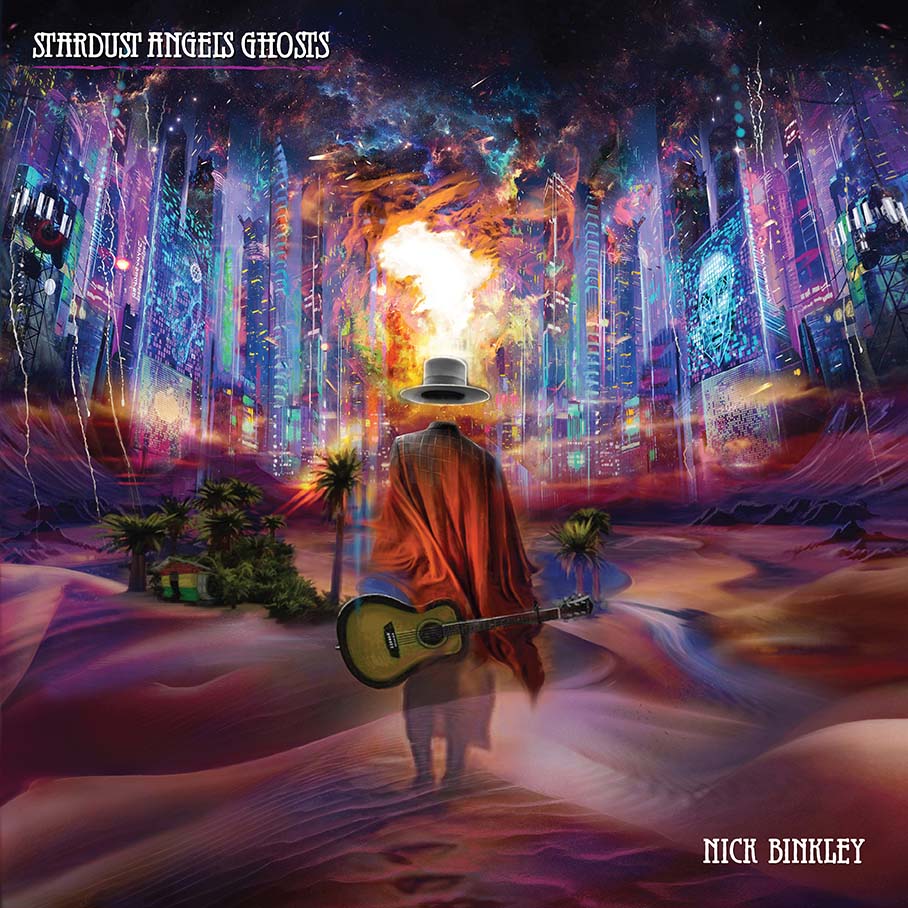
ALBUMS
Available in Digital, Vinyl and CD
-
Stardust Angels Ghosts
Vendor:Nick BinkleyRegular price From $9.99 USDRegular priceUnit price / perStardust Angels Ghosts
Regular price From $9.99 USDRegular priceUnit price / perStardust Angels Ghosts
Regular price From $9.99 USDRegular priceUnit price / per -
100 PARTS OF HEART
Vendor:Nick Binkley5.0 / 5.0
(1) 1 total reviews
Regular price From $9.99 USDRegular priceUnit price / per100 PARTS OF HEART
Regular price From $9.99 USDRegular priceUnit price / per100 PARTS OF HEART
Regular price From $9.99 USDRegular priceUnit price / per -
Let the Boy Jam
Vendor:Nick Binkley5.0 / 5.0
(1) 1 total reviews
Regular price From $9.99 USDRegular priceUnit price / perLet the Boy Jam
Regular price From $9.99 USDRegular priceUnit price / perLet the Boy Jam
Regular price From $9.99 USDRegular priceUnit price / per -
Pin Stripe Brain
Vendor:Nick Binkley5.0 / 5.0
(1) 1 total reviews
Regular price From $9.99 USDRegular priceUnit price / perPin Stripe Brain
Regular price From $9.99 USDRegular priceUnit price / perPin Stripe Brain
Regular price From $9.99 USDRegular priceUnit price / per
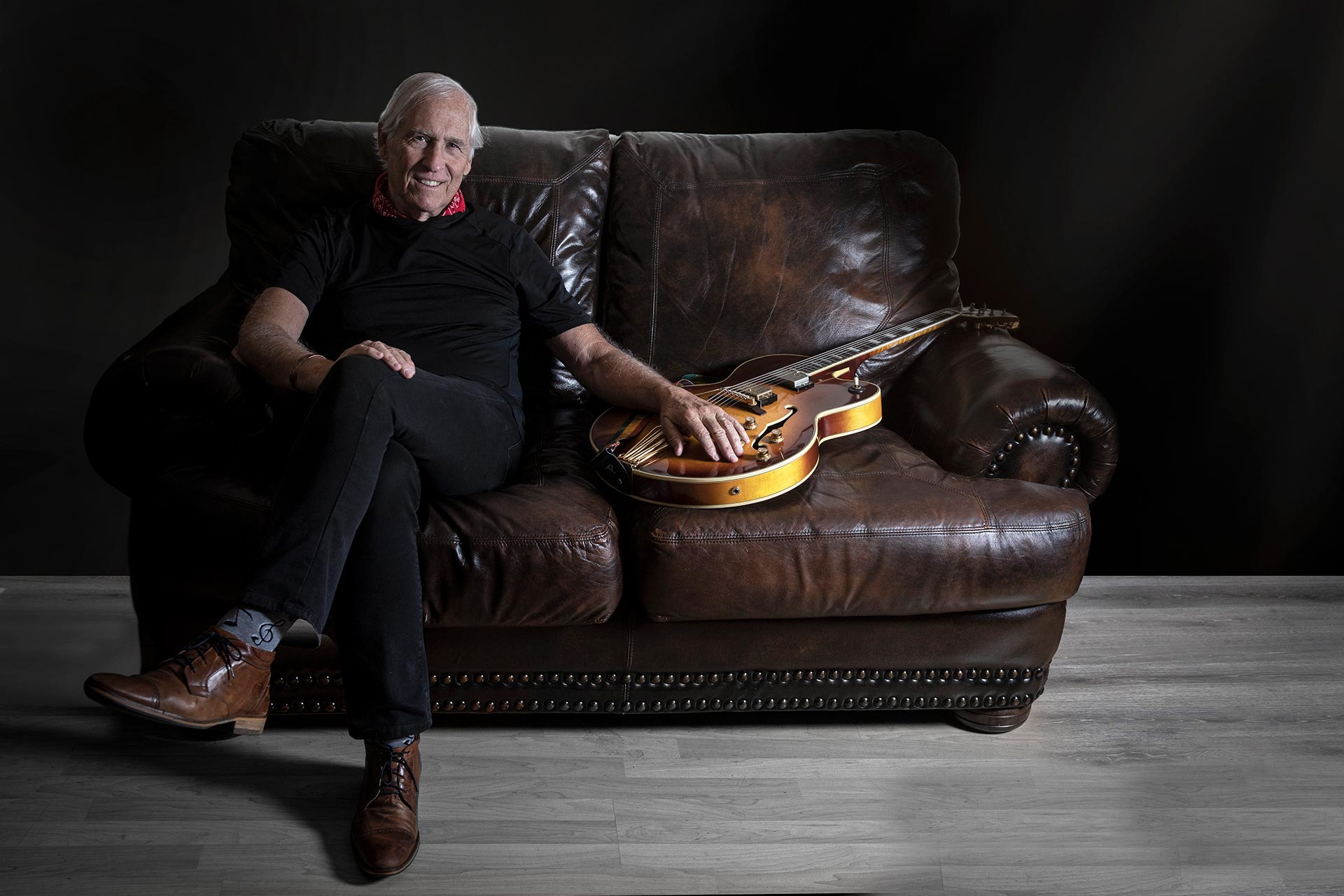
FEATURED ARTIST
NICK BINKLEY
Singer-songwriter in the Americana tradition. His musical muse and lyrics span the spectrum – from the deeply personal to corporate suites’ satire, to domestic and international politics.
ARTISTS
Making music for over 40 years
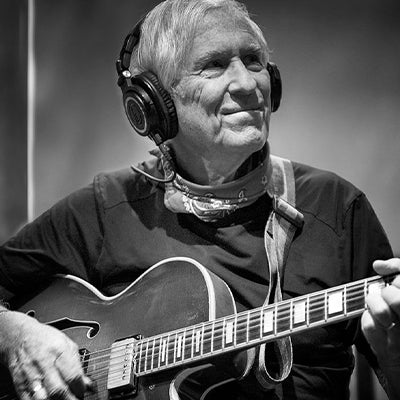
Americana
NICK BINKLEY
Songwriter and musician whose life intersects music and film, international affairs and high finance.
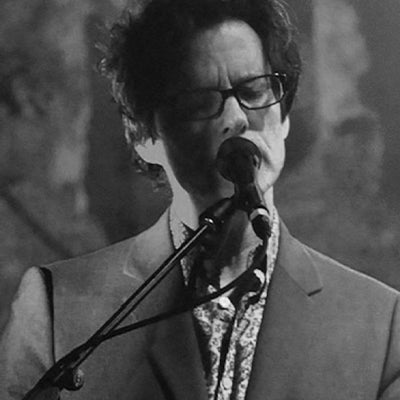
Alternative Pop
MARK HART
A gifted American musician and compelling songwriter best known for being a member of Supertramp and Crowded House.
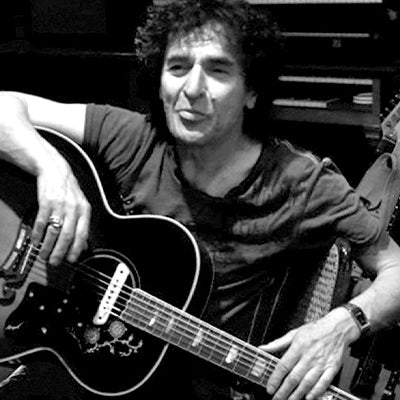
ROCK
VALERY SAIFUDINOV
Rock musician who writes and sings American rock and roll. Featured in FREE TO ROCK documentary about affect of Western pop culture on the fall of the Soviet Union.

ROCK
STEVE DUDAS
A multi-facet musician who’s career includes being a sideman, band member/founder, and prolific songwriter.
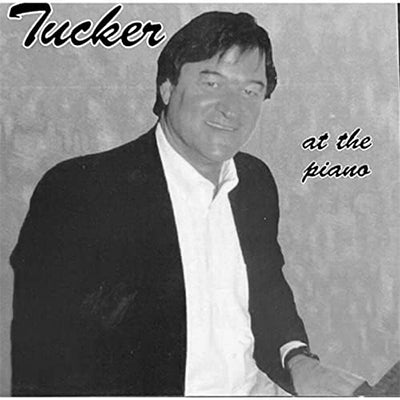
TRADITIONAL POP
TUCKER BINKLEY
Extraordinary pianist and talented Frank Sinatra interpreter, who is known as one of America’s top piano bar entertainers.

